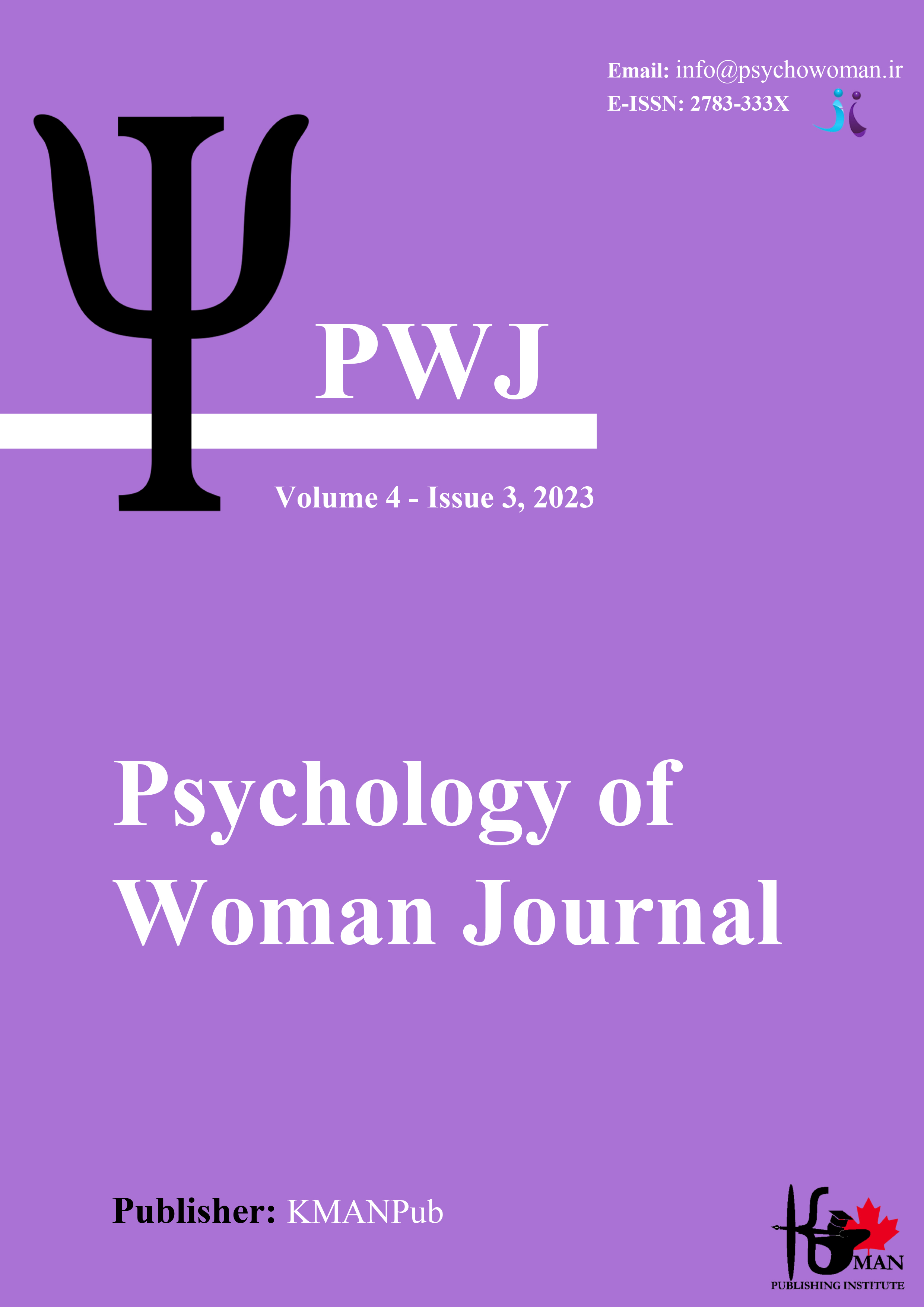Empowerment Through Education Phenomenological Study of Women Who Returned to School Later in Life
Keywords:
Women’s education, empowerment, phenomenological study, returning to schoolAbstract
Objective: The empowerment of women through education is a critical area of study, especially for those returning to school later in life. This research aims to explore the lived experiences of women in Shiraz City, Fars Province, Iran, who have chosen to return to education, focusing on their motivations, challenges, coping strategies, and the impacts on their personal and professional lives.
Methods and Materials: This qualitative study employs a phenomenological approach to deeply understand the experiences of the participants. Data were collected through semi-structured interviews with 20 women who returned to education later in life. The interviews were transcribed and analyzed using NVivo software to identify key themes and patterns. The participants were selected through purposive sampling to ensure rich and relevant experiences were captured.
Findings: The study revealed that the primary motivations for returning to education included personal growth, economic benefits, family influence, social interaction, and overcoming past regrets. Participants faced significant challenges such as balancing responsibilities, financial constraints, societal expectations, academic difficulties, emotional struggles, and institutional barriers. Coping strategies included time management, financial management, support networks, stress relief methods, academic support, and personal motivation. The impact of returning to education was profound, leading to increased self-esteem, professional growth, improved family dynamics, social engagement, empowerment, and a commitment to lifelong learning.
Conclusion: The findings underscore the transformative potential of education for women returning to school later in life. While these women face numerous challenges, their experiences highlight the importance of supportive structures and policies to facilitate their educational journeys. Addressing financial, social, and institutional barriers can enhance their educational outcomes and broader societal contributions. Future research should focus on larger, more diverse samples and explore the role of digital learning platforms in supporting women's education.
Downloads
Downloads
Additional Files
Published
Issue
Section
License
Copyright (c) 2023 Ali Asghar Mashinchi (Corresponding Author)

This work is licensed under a Creative Commons Attribution-NonCommercial 4.0 International License.










